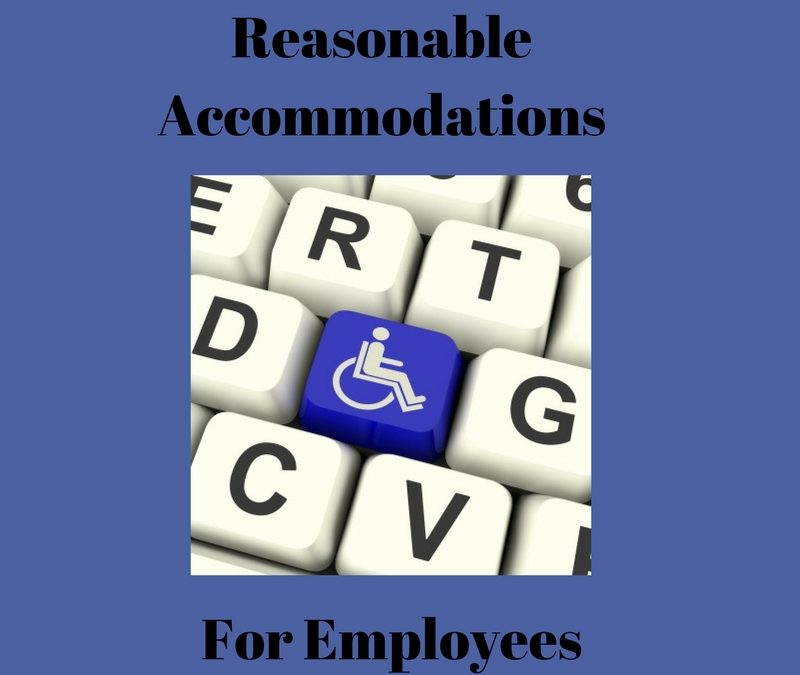Do you know when to determine if an employee is requesting an accommodation?
In a post recently shared by ePlace Solutions, the risk management experts, information on a recent decision was shared (Kowitz v. Trinity Health), where a federal appellate court issued a reminder to all employers regarding disabled employees’ requests for reasonable accommodation.
What was the reminder? An employee does not expressly have to request that the employer provide an accommodation to trigger an employer’s obligation to engage in the interactive process with the employee.
The case
In this case, the plaintiff had worked as a respiratory therapist at a hospital. The employee was diagnosed with a degenerative disease of the spine (spinal stenosis) and had neck surgery to treat the condition. When the employee returned to work following her surgery, she provided her employer with a doctor’s note, which outlined the employee’s physical restrictions and the employer provided accommodations with respect to each of these restrictions.
Shortly after the employee’s return to work, the employer required all respiratory therapists, including the plaintiff, to provide updated copies of their basic life support certifications. To do this, the employees were required to pass a written examination and complete a physical demonstration of CPR. While plaintiff passed the written exam, she informed her employer (after consulting with her doctor) that she would need to complete four more months of physical therapy before completing the physical portion of the exam.
The next day, the plaintiff was terminated. The reason given for her termination – she was unable to perform an essential function of her position (perform basic life support). Following her termination, the plaintiff filed a lawsuit claiming disability discrimination.
The Court’s decision
The court found that while the plaintiff did not expressly request an accommodation, her notification to her employer that she would not be able to obtain the required CPR certification until she had completed physical therapy constituted an “implied request” for an accommodation. Moreover, due to the fact that the employer was aware of the plaintiff’s condition and her other work restrictions, the employer had enough information to recognize that an accommodation was being requested and should have been provided.
Take home for employers
This case serves as a reminder to employers that an employee is not required to say certain “buzzwords” to make a request for reasonable accommodation. Under certain circumstances, an employee’s request for accommodation can be implied based on the circumstances.
It is recommended that if it is unclear as to whether an accommodation has been requested, the employer should follow-up with the employee to clarify whether the employee needs some type of accommodation due to his or her disability. If so, the employer must then engage in the interactive process to provide the employee with a reasonable accommodation.
Image courtesy of Stuart Miles and Freedigitalphotos.net
